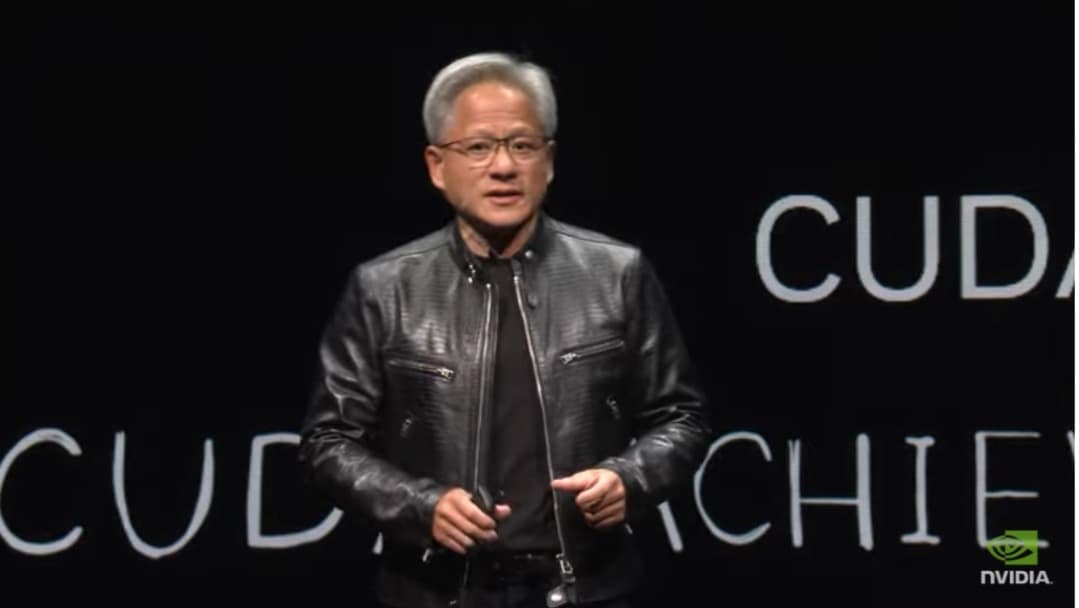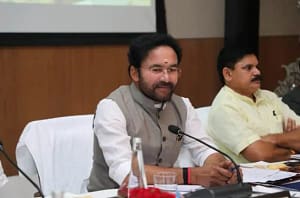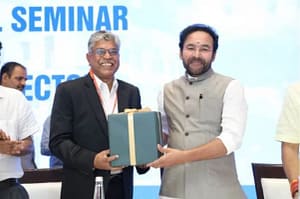As hurricanes, tornadoes and other extreme weather events occur with increased frequency and severity, it’s more important than ever to improve and accelerate climate research and prediction using the latest technologies.
Amid peaks in the current Atlantic hurricane season, NVIDIA Research today announced a new generative AI model, dubbed StormCast, for emulating high-fidelity atmospheric dynamics. This means the model can enable reliable weather prediction at mesoscale — a scale larger than storms but smaller than cyclones — which is critical for disaster planning and mitigation.
Detailed in a paper written in collaboration with the Lawrence Berkeley National Laboratory and the University of Washington, StormCast arrives as extreme weather phenomena are taking lives, destroying homes and causing more than $150 billion in damage annually in the U.S. alone.
It’s just one example of how generative AI is supercharging thundering breakthroughs in climate research and actionable extreme weather prediction, helping scientists tackle challenges of the highest stakes: saving lives and the world.
NVIDIA Earth-2 — a digital twin cloud platform that combines the power of AI, physical simulations and computer graphics — enables simulation and visualization of weather and climate predictions at a global scale with unprecedented accuracy and speed.In Taiwan, for example, the National Science and Technology Center for Disaster Reduction predicts fine-scale details of typhoons using CorrDiff, an NVIDIA generative AI model offered as part of Earth-2.
CorrDiff can super-resolve 25-kilometer-scale atmospheric data by 12.5x down to 2 kilometers — 1,000x faster and using 3,000x less energy for a single inference than traditional methods.
That means the center’s potentially lifesaving work, which previously cost nearly $3 million on CPUs, can be accomplished using about $60,000 on a single system with an NVIDIA H100 Tensor Core GPU. It’s a massive reduction that shows how generative AI and accelerated computing increase energy efficiency and lower costs.
The center also plans to use CorrDiff to predict downwash — when strong winds funnel down to street level, damaging buildings and affecting pedestrians — in urban areas.
Now, StormCast adds hourly autoregressive prediction capabilities to CorrDiff, meaning it can predict future outcomes based on past ones.
A Global Impact From a Regional Focus
Global climate research begins at a regional level.
Physical hazards of weather and climate change can vary dramatically on regional scales. But reliable numerical weather prediction at this level comes with substantial computational costs. This is due to the high spatial resolution needed to represent the underlying fluid-dynamic motions at mesoscale.
Regional weather prediction models — often referred to as convection-allowing models, or CAMs — have traditionally forced researchers to face varying tradeoffs in resolution, ensemble size and affordability.
CAMs are useful to meteorologists for tracking the evolution and structure of storms, as well as for monitoring its convective mode, or how a storm is organized when it forms. For example, the likelihood of a tornado is based on a storm’s structure and convective mode.
NVIDIA researchers trained StormCast on approximately three-and-a-half years of NOAA climate data from the central U.S., using NVIDIA accelerated computing to speed calculations.















 Persons with Disabilities (DEPwD) to empower persons with disabilities socially, educationally and economically, various National Institutions and Composite Regional Centres (CRCs) under the department signed 72 MoUs with private institutions and start-ups. Union Minister of Social Justice and Empowerment, Dr. Virendra Kumar presided over the ceremony as Chief Guest, in New Delhi today. Minister of State in the Ministry, Shri B.L. Verma, also graced the occasion with his esteemed presence.
Persons with Disabilities (DEPwD) to empower persons with disabilities socially, educationally and economically, various National Institutions and Composite Regional Centres (CRCs) under the department signed 72 MoUs with private institutions and start-ups. Union Minister of Social Justice and Empowerment, Dr. Virendra Kumar presided over the ceremony as Chief Guest, in New Delhi today. Minister of State in the Ministry, Shri B.L. Verma, also graced the occasion with his esteemed presence.

